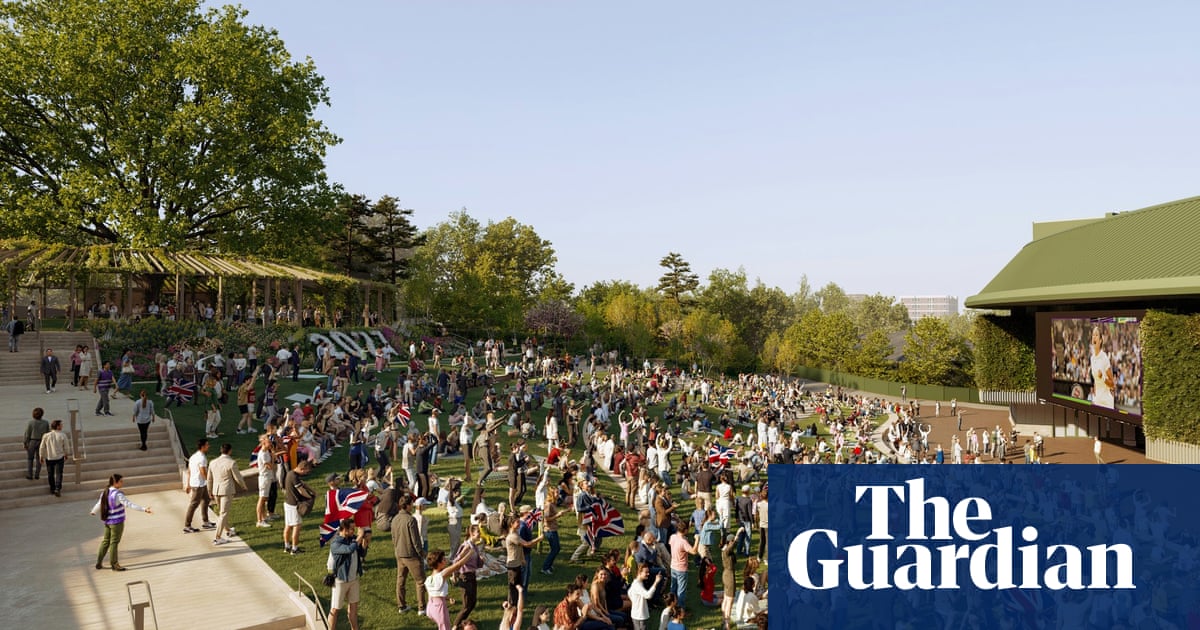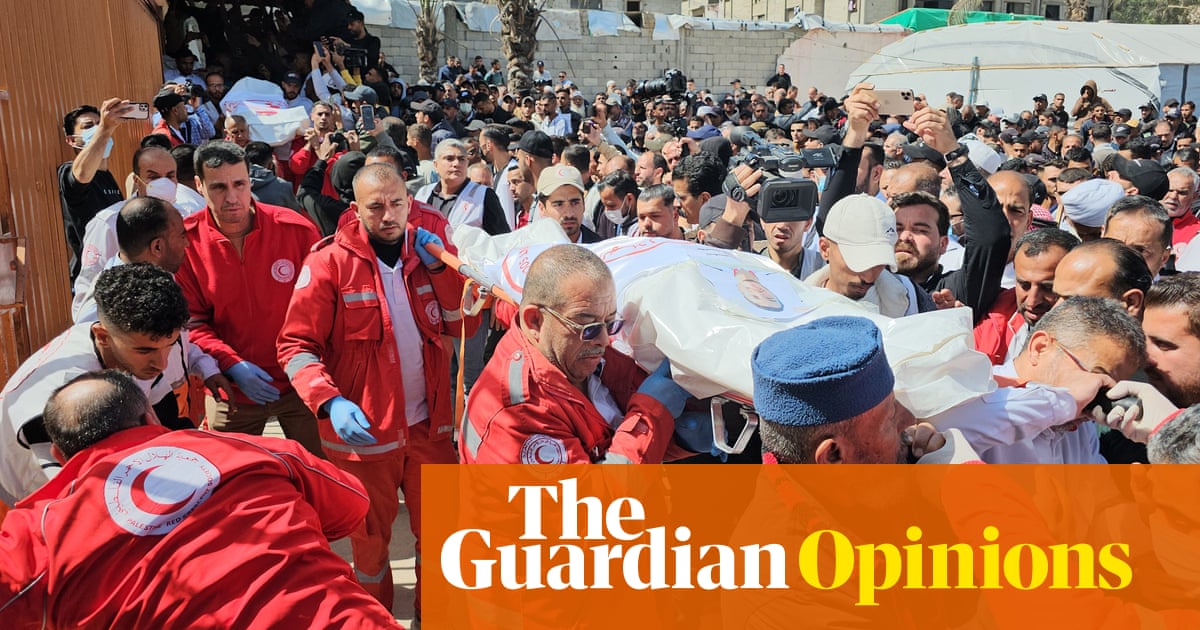It happened so fast. In the evening, about 9:30pm UK time (30 minutes after midnight in Homs), I spotted the first video indicating that my home city was finally free from Bashar al-Assad and his forces. Then a friend shared a link of a man livestreaming from the New Clock Tower Square in Homs. I heard the zaghroutas of women; the chants of men: “There is no for ever. There is no for ever. Long live Syria and down with Assad.” People started gathering in the square, bringing the memory of the early days of the revolution in 2011, when the people of Homs were inspired by their brothers and sisters in Tahrir Square in Cairo, Egypt, but innocent civilians were massacred by the Syrian regime.
Now 2011 and 2024 were meeting each other. Two dates that have left in between them mass destruction of cities, and the displacement of more than half of the Syrian population from their homes.
I wept as I followed the pages, the photos, the videos that started emerging from Homs. I kept weeping, remembering all the streets that I have not been able to see in more than 13 years, remembering the lives of my friends and relatives living in the war-torn city or in exile. I remembered the late actor and activist Fadwa Souleimane, who led protests across different neighbourhoods in Homs. She became an icon in the region. She was also from the Alawite community, the same sect of the president she was protesting about. I remembered the late May Skaf (1969-2018), a Syrian actor and activist who died in exile. I wished they were here witnessing this new freedom. Living it.
I couldn’t stop crying over all the pain, psychological and physical, that we have been exposed to. For our entire lives, we have lived in fear; it is liquid in our blood. And when we spoke up, we were killed, imprisoned or exiled. Homs is seeing a new history today.
A few hours later, I video-called my friend. I had my hand on my heart. I was afraid I’d lose my breath. We spoke and hung up. A little later, I heard that rebels had arrived in Damascus. My friends and I gathered on a video call to follow everything by the minute. About 3am, when it was announced that Assad had fled the country, we cried, we smiled. Afterwards, I ran to my bedroom, not just crying, but weeping now. I wanted to be there, but more than that the tears flowed because now, I can say that my exile is not for ever. I left Homs in 2011 and have never been able to return. Now I can dare to dream of a Syria that is peaceful and free, a Syria for all of us.
The preceding week had felt like months, so full of events, but also like seconds, a mad rush. Everyone was questioning, wondering: what would come next? Traumatising memories were revisited. Images of the 13-year-old boy Hamza al-Khatib, who went missing near Dera’a on 29 April 2011, circulated on social media. “This is for your eyes Hamza,” one person said.
When Hamza’s body was eventually returned to his family a month later, a forensic specialist consulted by Amnesty International analysed the video and noted from his injuries that “the boy had suffered repeated violence with a blunt instrument while still alive”. They found evidence of two gunshot wounds, one to the chest, apparently fired at close range, and one to the arm, “with lesions suggesting the boy was alive at this point, too”.
When we saw videos of Hamza screened on our TVs, we were shaking. At that time the regime was arresting men, women and children, torturing them for marching in the streets peacefully. Protesters filled the streets in many cities and villages across the country. They broke the walls of fear that kept us silenced, traumatised and fearful for so many decades. I took comfort throughout that time knowing that so many people around the world knew something of our plight and supported us.
I am reminded again now of that support. As news of liberation filtered out, I got messages from friends in India, Afghanistan, the UK and Iran; in Palestine, Iraq, Australia, Italy, Greece; from Belgium, Ukraine, Mexico, Kenya, Lebanon, the US, Canada and France.
I am afraid of tomorrow. Of course I am. Who knows what comes next. But looking at the Syrian people, and remembering their wisdom, beauty, kindness, generosity and tolerance, I feel that at least we can dream of a beautiful tomorrow.
I am afraid of tomorrow, but let us hope. Tomorrow is here. It is now. I want to believe that I will be home again, and that home will be home again.
-
Ammar Azzouz is a postdoctoral researcher at the University of Oxford and author of Domicide: Architecture, War and the Destruction of Home in Syria

.png) 3 months ago
38
3 months ago
38













































